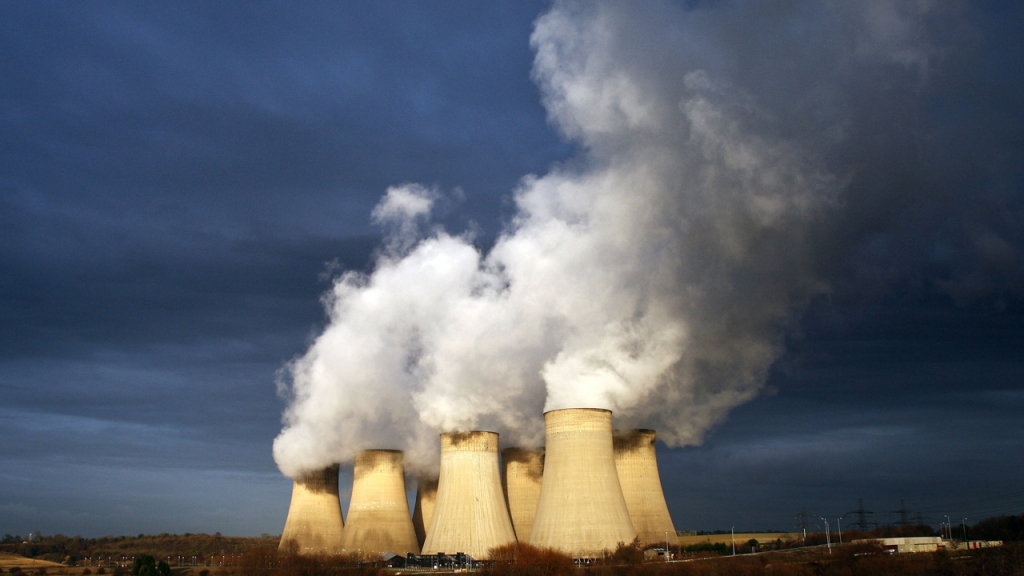-
Tips for becoming a good boxer - November 6, 2020
-
7 expert tips for making your hens night a memorable one - November 6, 2020
-
5 reasons to host your Christmas party on a cruise boat - November 6, 2020
-
What to do when you’re charged with a crime - November 6, 2020
-
Should you get one or multiple dogs? Here’s all you need to know - November 3, 2020
-
A Guide: How to Build Your Very Own Magic Mirror - February 14, 2019
-
Our Top Inspirational Baseball Stars - November 24, 2018
-
Five Tech Tools That Will Help You Turn Your Blog into a Business - November 24, 2018
-
How to Indulge on Vacation without Expanding Your Waist - November 9, 2018
-
5 Strategies for Businesses to Appeal to Today’s Increasingly Mobile-Crazed Customers - November 9, 2018
Carbon emissions slow for first time in 15 years
A report published Monday by the Global Carbon Project offered a rare bit of good news, showing that global greenhouse gas emissions are projected to drop 0.6 percent in 2015, compared to the usual 2.4 percent rise each year.
Advertisement
But what makes the last couple of years most “unusual”, they say, is that emissions are declining while the global economy is actually growing.
“The report from the Global Carbon Project led by a Stanford University researcher identified China as the world’s top carbon dioxide emitter in 2014, responsible for 27 per cent of global emissions, followed by the United States (15.5 per cent), the European Union (9.5 per cent) and India (7.2 per cent)”.
Since 2000, global emissions have risen at an average annual pace of 2.4 percent, as countries such as India and China increase their reliance on coal and fossil fuels to boost growth. Thanks mainly to changes in China, the worldwide growth in emissions flattened in 2014 and is set to drop slightly this year, said the study. Said Le Quere, “Whether a slower growth in global emissions will be sustained depends on the use of coal in China and elsewhere, and where new energy will come from”.
Researchers believe the new figures were caused by a decrease in China’s fossil fuel emissions paired with increased use worldwide of renewable energy sources such as wind and solar.
The research comes as world leaders conduct climate talks in Le Bourget, Paris, hoping to reach a deal this week that commits almost every country in the world to cutting carbon emissions.
The release of carbon dioxide from burning fossil fuels and from other industries, such as cement production, have slowed “dramatically” in the past two years, perhaps reversing a trend of rapid growth in the last couple of decades.
“There are more than $500 billion today”, which he said provides an incentive to continue producing emissions that scientists say are warming the planet.
There have been other periods of low to zero growth in emissions, the research team points out.
“Our analysis shows that the required large scale deployment of emissions reducing technology, like biomass energy with carbon capture and storage, will be limited by biophysical and socioeconomic constraints”.
China, India and many developing nations are expected to increase their carbon emissions in the coming years. “This is because energy needs for growing economies still rely primarily on coal, and emissions decreases in some industrial countries are still modest at best”.
Advertisement
Current [national emissions] pledges suggest that, even if emissions were to peak soon, global emissions would still take years to decline substantively.




























